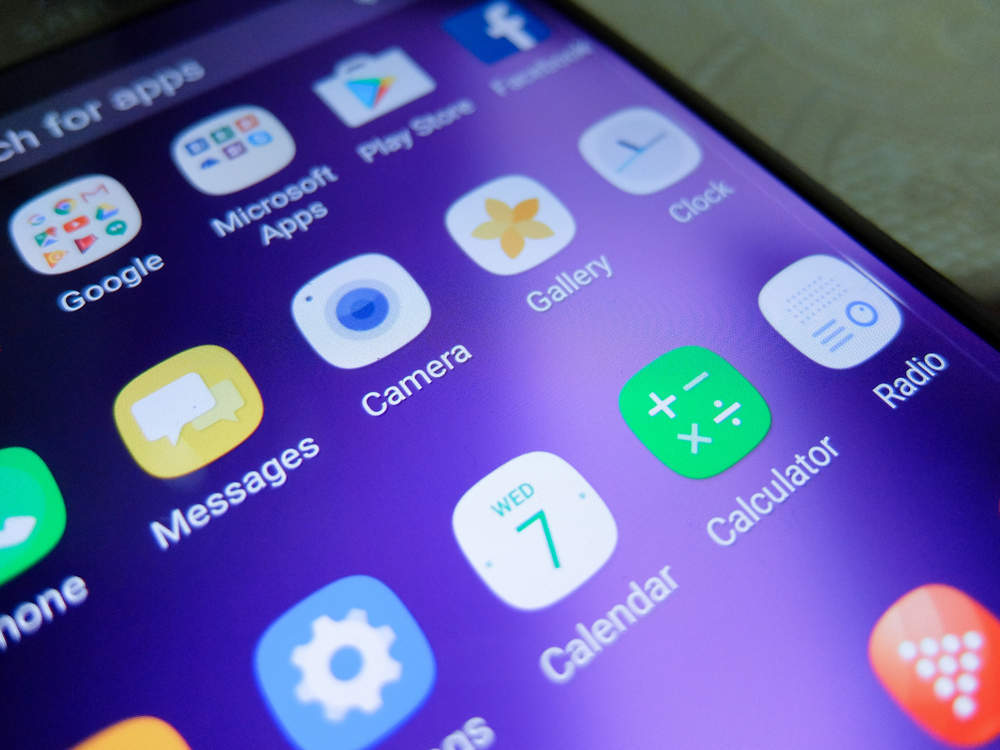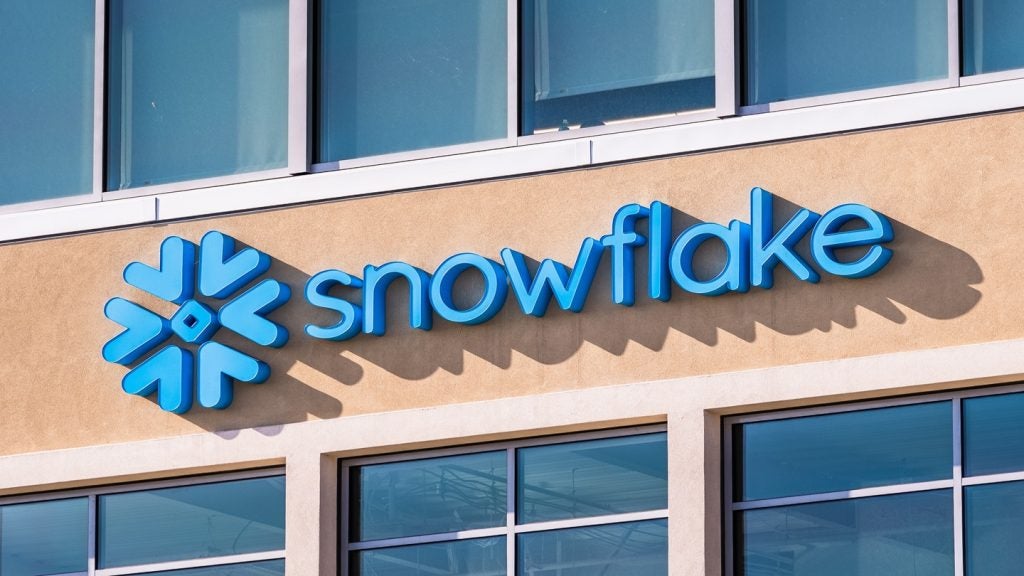
Nicholas Borge left his well-paid consulting job of 10 years in January to do something different. He woke up on the day of the Brexit referendum result, shocked that people in the UK had voted to leave the European Union (EU).
A relationship spanning over four decades had come to an unexpected end.
All the news articles, Facebook statuses and polls Borge had seen in the months leading up to the vote led him to a foolproof conclusion — the Remain camp “had it in the bag”.
Not a single person on my Facebook spoke out in favor of Brexit either because I didn’t know anyone who held that opinion, or because they felt they didn’t want to express their opinion for fear of being judged. I sat at home in London on the morning of the EU referendum, just thinking how did we get to this point?
He started to reflect on why, like so many of his friends, the Leave side’s victory had taken him by surprise.
But before he had long to ponder the issue, his career took him away from London to the US, where the election of a new president was imminent.

US Tariffs are shifting - will you react or anticipate?
Don’t let policy changes catch you off guard. Stay proactive with real-time data and expert analysis.
By GlobalDataAnd yet, in New York, halfway across the world, he soon felt the same discomfort he had experienced just months before.
After all, Donald Trump, the billionaire businessman, wasn’t supposed to win.
Everyone I knew in New York was in denial that Trump had been elected.
For many, the Brexit vote and Trump’s presidency were both shocks, but maybe that was because they hadn’t been exposed to a sufficient number of different viewpoints.
“Voters weren’t able to access to the full conversation, which limited their ability to make informed choices,” Borge said.
It was that realisation that drove him.
A newcomer in a fast-paced, high-energy city, he quit his job and set about giving people the chance to consume news in a new way using artificial intelligence (AI) technology.
But the big question for Borge and his team of five employees was how to create a product which harnessed the power of AI technology, while retaining the subjectivity of the human mind.
Machines do not understand our passions, purposes and motives. They only understand objective functions that we tell them. So, designing the best AI product for the future has to marry those two.
Once he had a vision, Borge decided to enter IBM Watson’s XPrize competition, in the hope that the judges might also see there was a niche in the market for his idea.
The IBM Watson Xprize is a $5m challenge over four years to develop and demonstrate how humans can collaborate with AI technology to bring about social good.
“We are using the competition as a springboard,” Borge told Verdict.
There are 147 teams from 22 countries in the running, working on a variety of highly innovative AI-related projects.
One of the competition entrants is developing an app to help blind people navigate more effectively.
When a user holds their phone in front of an object, they are told exactly what it is using voice technology.
“So you could point at a table and it would say table. It’s pretty impressive,” Borge explained.
So how exactly does Borge’s product work?
Although it is still in the early stages of development, Borge’s team are hoping to launch an app called Impartial AI with the ability to contextualise the news.
Users can search for a particular topic, and will be presented with articles expressing a range of different viewpoints related to that topic.
“There will be different kinds of customer. If you are curious about the rest of the conversation you might want to read a viewpoint in the middle of the spectrum, or on the other end of the spectrum, or on your end of the spectrum,” Borge told Verdict.
“Even if you don’t change your opinion, you will have more information at your fingertips and you will at least know what the other side is thinking,” he added.
Each article will be accompanied by a sentiment score before the user clicks on it.
We haven’t exactly decided yet how to represent sentiment. It could be smiley faces and sad faces or pluses and minuses, but essentially articles will appear on some sort of scale. It’s about showing where an article is in the conversation in a really easy, accessible and enjoyable way.
He insists that his product is not about tackling fake news per se but more about giving people the opportunity to “really see what’s out there and then letting them decide”.
Unlike Facebook and Apple news, he also made clear that his product will not give priority to certain articles or certain publications over others.
What’s more, Facebook and other social media platforms in particular create filter bubbles meaning that users often just have their own viewpoints confirmed, not challenged or broadened.
What’s the best way to describe Impartial AI? It’s simple, according to Borge.
Just imagine buying a sandwich.
“When you go into a supermarket to get a sandwich, you have a visual indicator telling you the level of salt or number of calories right before you decide whether or not to buy it,” he told Verdict.
You can choose to ignore it or not, but you have the nutritional information in front of you to make a decision.
The winner of IBM Watson’s XPrize competition will be announced in 2020, after a series of rounds.







